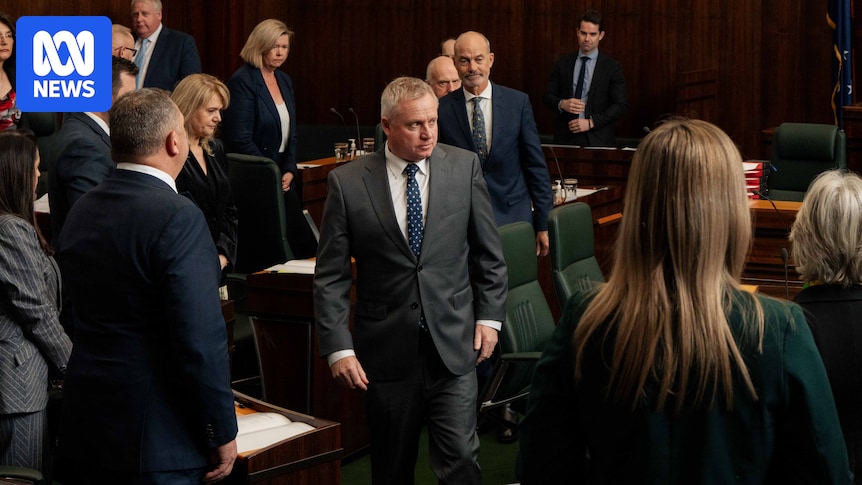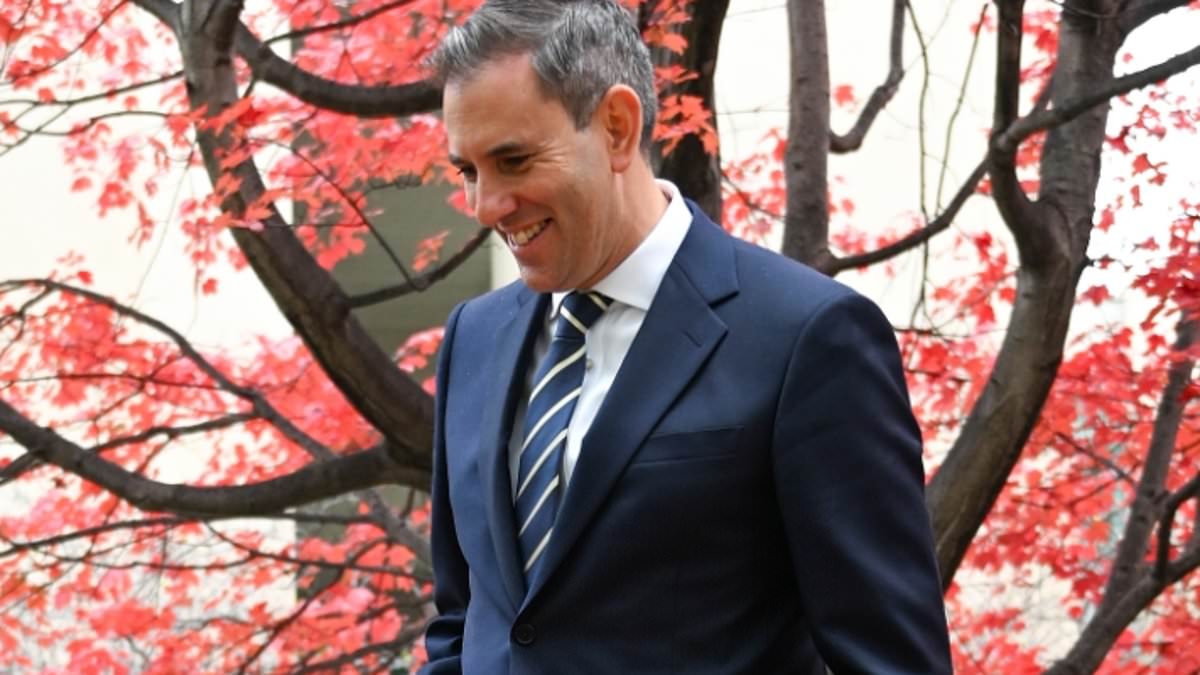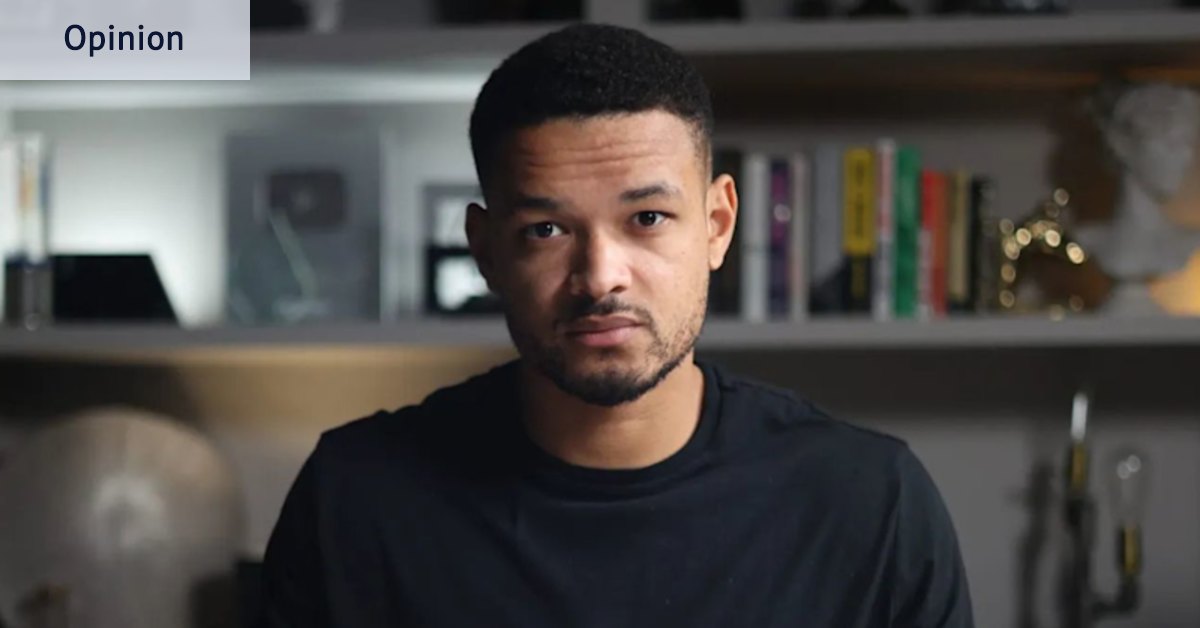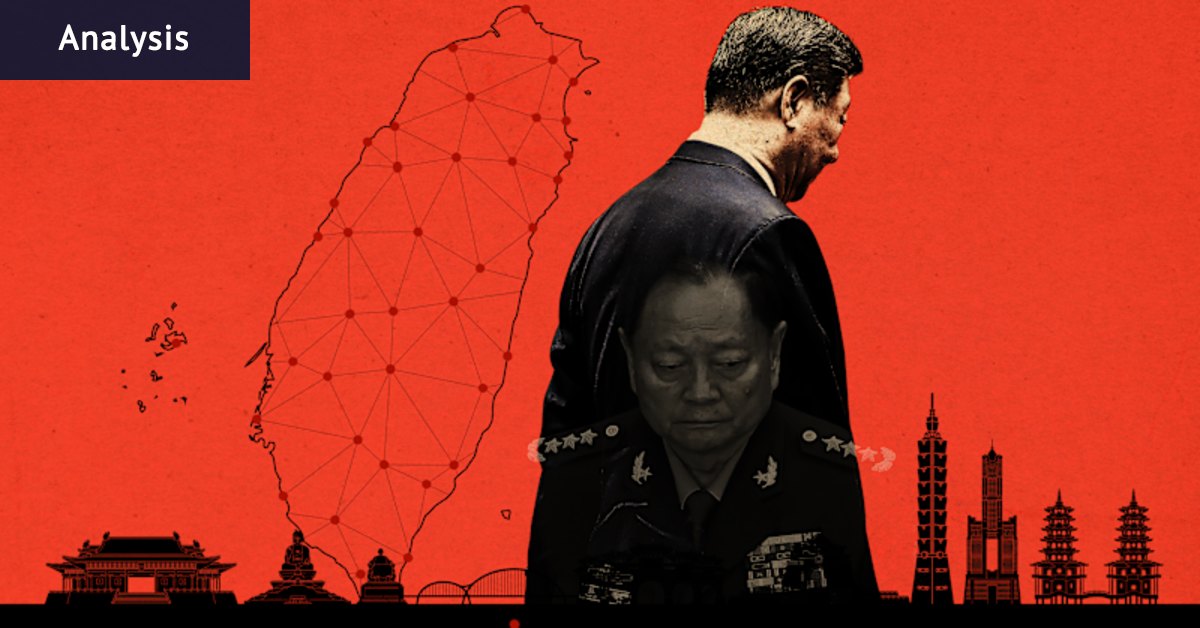
Tasmanian politicians are set to receive a significant 22 percent pay increase after a contentious decision by the state’s upper house MPs to accept a determination by Tasmania’s Industrial Commission. The decision, finalized despite the government’s objections, will see MPs’ base pay rise from $140,185 to $171,527. This adjustment, effective from July 1, marks the end of a pay freeze that has been in place since 2018.
The pay rise, while substantial, still positions Tasmanian MPs as the lowest paid in the nation, trailing slightly behind their counterparts in New South Wales, Western Australia, and the Northern Territory. Premier Jeremy Rockliff’s salary will increase to nearly $369,000, reflecting an almost $68,000 rise, while ministers will see their base salary reach $291,597.
Government’s Stance and Upper House Decision
Premier Rockliff has publicly declared his intention to reject the full 22 percent increase, opting instead for a modest 3 percent raise, aligning with the government’s recent offer to public sector workers. He argued that the Industrial Commission’s determination was “out of step with community expectations.”
However, the government’s attempt to block the pay rise was thwarted in the upper house. The motion to disallow the salary increase was defeated, with Labor and all eight independents voting to uphold the commission’s recommendation. The motion failed with a vote of 4 to 10, ensuring the pay rise would proceed automatically.
Justifications and Reactions
Labor’s Sarah Lovell defended the decision, emphasizing the importance of an independent body determining parliamentary salaries.
“I believe this is what would be most in line with community expectations,” she stated, adding that the decision was made after thorough consideration and discussion among parliamentarians.
Independent MP Bec Thomas echoed this sentiment, arguing that leaving the decision to an independent umpire was crucial. She highlighted the potential backlash if other public servants had faced similar pay freezes.
“In no other industry would it be acceptable for a worker to be in this position that the premier has put us in today,” she remarked.
Alternative Suggestions and Broader Implications
Some MPs, like Meg Webb, suggested that those uncomfortable with the pay rise could donate the additional income to charity.
“This is not a decision that should be based on whether or not you personally want or need a pay rise,” she urged. “We have a responsibility to lift our consideration of this above the personal.”
Ruth Forrest pointed out the contentious nature of MPs deciding their own pay, calling it “political dynamite.” She expressed disappointment over the predicament, advocating for a system where politicians have no role in setting their own salaries.
Calls for Systemic Change
During the upper house debate, government minister Kerry Vincent reiterated the government’s commitment to “responsible fiscal stewardship,” noting the recent offer of a 3 percent pay increase to state servants. He acknowledged the need for a revised process for determining salaries, one that removes the burden from parliamentarians.
The Greens, who opposed the pay rise, also called for systemic change.
“Work has to be done to ensure we’re not in the same situation again,” Greens leader Rosalie Woodruff emphasized.
This development highlights ongoing tensions between fiscal responsibility and fair compensation, raising questions about the mechanisms for determining public sector pay. As discussions continue, the focus will likely shift towards establishing a more transparent and equitable system for future salary determinations.





